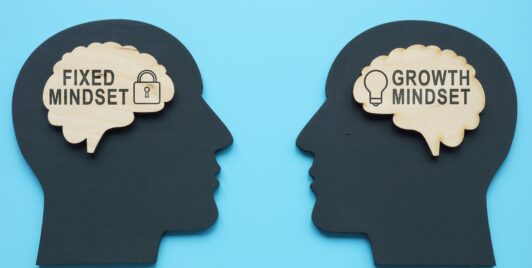Introduction
In today’s dynamic and unpredictable world, individuals and organisations alike are constantly faced with challenges that can impact mental health and overall wellbeing. As a leader in mental health and wellbeing solutions, we understand the significance of equipping individuals with the tools to navigate life’s challenges effectively. In this article, we’ll explore the concept of resilience and provide practical strategies for individuals to cultivate this essential quality.

Understanding resilience
Resilience is the ability to adapt and recover from adversity, stress, or trauma. It’s not about avoiding challenges but rather about facing them head-on and emerging stronger on the other side. In the context of the corporate world, resilient employees are better equipped to handle workplace stress, navigate change, and maintain optimal mental wellbeing. The good news is resilience can be learned. It involves developing thoughts, behaviours and actions that allow you to recover from stressful events in your life.
Building blocks of resilience
- Positive mindset: developing a positive mindset is foundational to building resilience. Encouraging individuals to focus on solutions rather than dwelling on problems helps shift their perspective. Training the mind to see challenges as opportunities for growth is a powerful tool in developing resilience.
- Effective stress management: stress is an inevitable part of life, but how individuals manage it can significantly impact their resilience. Promoting healthy coping mechanisms such as mindfulness, meditation, and physical exercise can help employees build emotional strength and resilience in the face of stressors.
- Adaptability: the corporate landscape is dynamic, and adaptability is a critical aspect of resilience. Encourage flexibility and the willingness to embrace change. Provide training and resources to help employees develop a growth mindset, enabling them to see challenges as opportunities for learning and development.
- Building strong social connections: social support is a powerful buffer against stress and a key factor in developing resilience. Establishing mentorship programmes and team-building activities can enhance social connections, creating a supportive environment where individuals can seek help when needed.
- Continuous learning and development: resilience is not a static trait but rather a skill that can be developed over time. Investing in continuous learning and development opportunities for employees not only enhances their professional skills but also provides them with the tools and knowledge to adapt to new situations.
- Leadership support: leaders play a pivotal role in shaping the organisational culture. Encourage leaders to model resilience and prioritise employee wellbeing. Provide leadership training that emphasises empathy, effective communication, and the importance of creating a positive work environment.
Implementing resilience programmes
As a leading provider of mental health and wellbeing solutions, we implement resilience programmes tailored to the unique needs of our corporate clients that have a lasting impact. This may include workshops, training sessions, and ongoing support to help employees develop and maintain resilience in both their professional and personal lives. We invite you to GET IN TOUCH to discover how we can increase resiliency.


